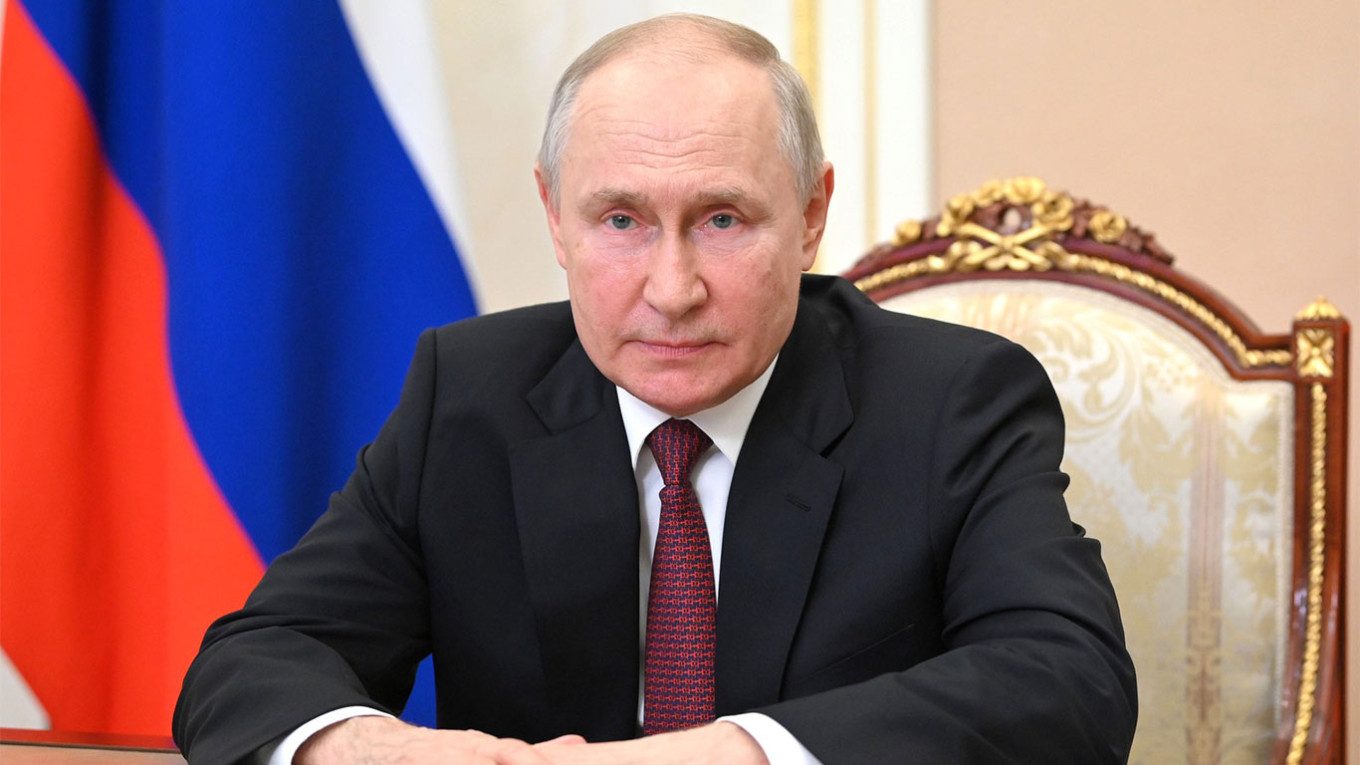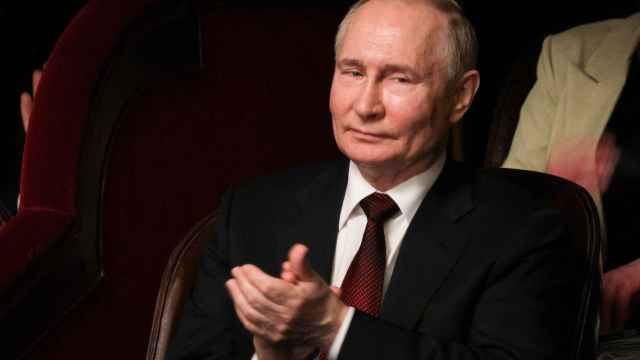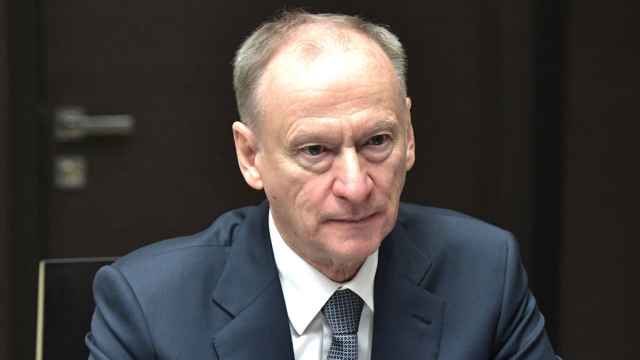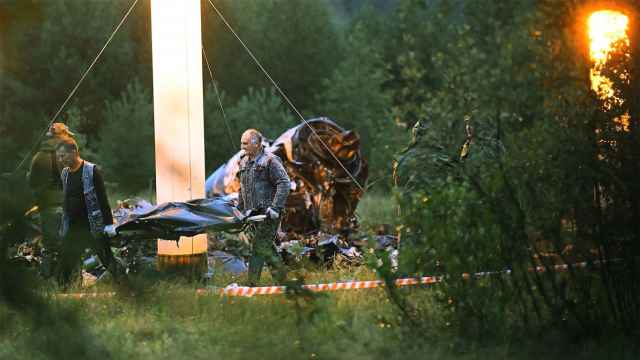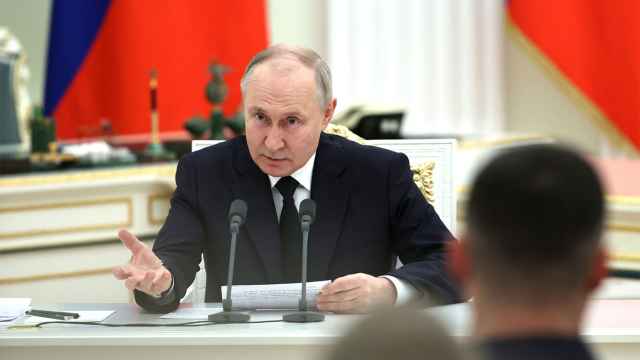Russian President Vladimir Putin “was paralyzed and unable to act decisively” during the first hours of the mutiny launched by Wagner mercenary group leader Yevgeny Prigozhin last month, The Washington Post reported Tuesday, citing Ukrainian and European security officials.
Putin did not issue orders for most of the day of Prigozhin's June 24 rebellion, The Washington Post cited its sources as saying.
This was despite the fact that, according to intelligence assessments shared with the newspaper, the Russian security services had warned Putin of a possible mutiny at least two or three days in advance.
“Putin had time to take the decision to liquidate [the rebellion] and arrest the organizers,” one European security official who spoke on the condition of anonymity told The Washington Post.
“Then when it began to happen, there was paralysis on all levels … There was absolute dismay and confusion. For a long time, they did not know how to react,” the official added.
Wagner’s uprising last month set off Russia's most serious security crisis in decades, with its mercenaries occupying a southern Russian city and advancing within 500 kilometers of Moscow. Hours after declaring the mutiny, Prigozhin agreed to stand down in exchange for immunity in exile as part of a Belarus-brokered deal.
According to European security officials who spoke to The Washington Post, many people in the upper reaches of the security services and military appeared to support Wagner’s attempt to change Russia’s top military brass.
“Some supported Prigozhin and the idea that the leadership needs to be cleaned up, that the fish is rotting from the head,” one of these officials told the outlet.
A senior Ukrainian security official told The Washington Post that “this is the biggest sign of the unhealthy situation inside Russia” from Kyiv’s perspective.
“The authoritarian system is formed in such a way that without a very clear command from the leadership, people don’t do anything. When the leadership is in turmoil and disarray, it [is] the same situation at the local level and even worse,” the official added.
Kremlin spokesperson Dmitry Peskov said in a comment to The Washington Post that the intelligence assessments it cited were “nonsense” and shared “by people who have zero information.”
A Message from The Moscow Times:
Dear readers,
We are facing unprecedented challenges. Russia's Prosecutor General's Office has designated The Moscow Times as an "undesirable" organization, criminalizing our work and putting our staff at risk of prosecution. This follows our earlier unjust labeling as a "foreign agent."
These actions are direct attempts to silence independent journalism in Russia. The authorities claim our work "discredits the decisions of the Russian leadership." We see things differently: we strive to provide accurate, unbiased reporting on Russia.
We, the journalists of The Moscow Times, refuse to be silenced. But to continue our work, we need your help.
Your support, no matter how small, makes a world of difference. If you can, please support us monthly starting from just $2. It's quick to set up, and every contribution makes a significant impact.
By supporting The Moscow Times, you're defending open, independent journalism in the face of repression. Thank you for standing with us.
Remind me later.


